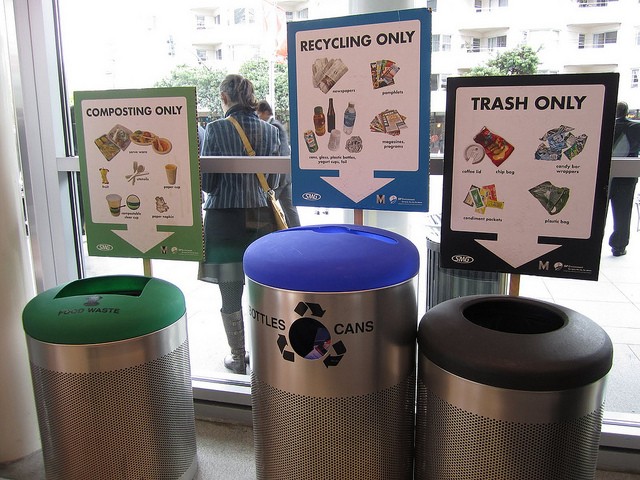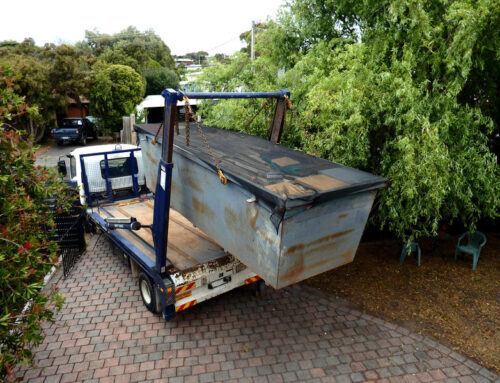Businesses are producing large amounts of unnecessary waste. Despite the fact that about 80% of office waste is recyclable or reusable, the vast majority of office items end up in a landfill due to the lack of proper systems.
However, more and more offices are striving to be more eco-friendly and push to “go green.” There are different ways to do so. For example, it may include recycling electronics and office supplies, use of low-watt bulbs, turning off printers when and/or computers when not in use, etc.
Here are a few tips on how to stay waste-free at your work.
1. Start with Preparing Your Office for Recycling
Before facing your office waste, you should prepare for recycling. This include:
- Finding the best recycling program that addresses office recycling;
- Searching for state or city incentives for eco-friendly offices;
- Hire a professional to head up a waste reduction or recycling program;
- Establish the general list of rules all employees have to abide.
2. Clean Up Your Office Thoroughly
Why is it important? While cleaning your office, you will be surprised how many things make the waste in your office. Thorough cleaning will help you determine what items you don’t need at your office. Your best choice is to hire an expert in office cleaning that offers personalized services. Check out these cleaning services in Mississauga as an example of how to make your workplace feel fresh.
3. Reuse Office Supplies
Most of the office supplies can be recycled or reused. What can you do? Create a special room where the employees will be able to shop or leave used office supplies such as paper clips, hanging folders, file folders, binders, rubber bands, pencils, and pens. Even better, do not allow employees to access new office supplies by keeping them under lock and key. That will make people start thinking how to reuse office supplies.
#SO to Michelle DeWitt for sending up pics of how she used office supplies to create educational materials. #reuse pic.twitter.com/WEIJI2nLf2
— WeHateToWaste (@WeHateToWaste) April 20, 2016
4. Cut Down On Paper
Think twice before posting or printing. Posting and/or printing something out that you will never use becomes a waste in your office. You can recycle most office paper, but it’s just an additional expense for you. Instead, try to reduce recycling program budget by cutting down on paper. Here’s what you can do:
- Consider whether you really need a paperwork or not;
- Email rather than posting/printing out;
- Ask your employees to post and print only what is truly necessary;
- Use the double-sided printing whenever possible;
- Avoid using stapled and colored paper because it’s not recyclable.
Over the time, the paper will overcrowd your office and you will need to recycle it. That’s why you should put a lot of paper recycling bins or boxes throughout the workplace. Choose the convenient areas for this purpose. Make sure to position recycle bins next to the desks and put a few of them in non-office rooms such as the warehouse or kitchen. That will encourage the employees to chuck paper in the recycle bins.
5. Recycle Old Computers, Accessories, and Appliances
When buying a new computer, ask the seller to buy back or take back your old one. Many companies provide e-waste recycling programs that allow this. Others may charge you a small recycling fee. You may also donate the old computers that are still in good working condition to organizations which refurbish electronic devices. Aside from computers and computer accessories, you can also consider recycling old televisions and other appliances.
Be sure to follow these five tips and get rid of office waste!






Leave A Comment